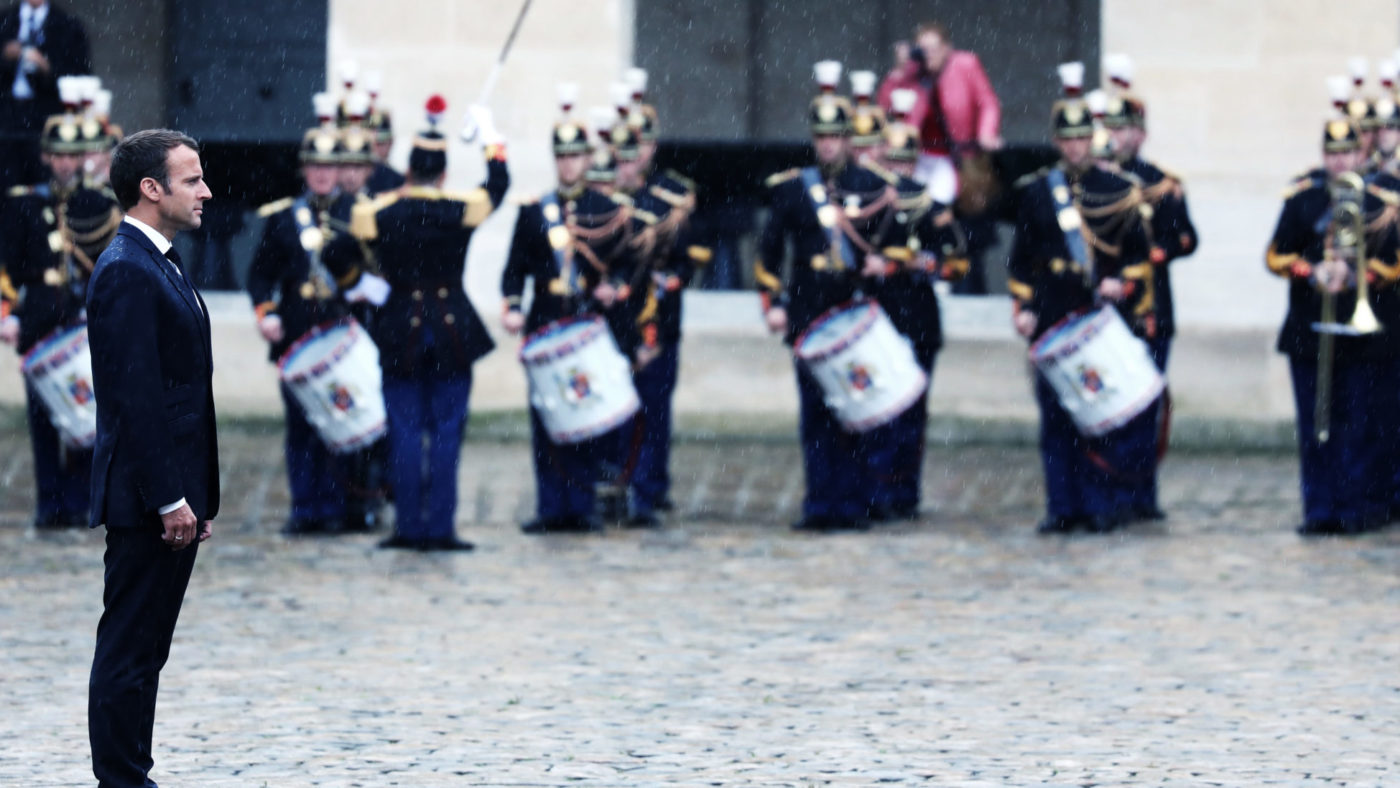Over the past decade, Britain has experienced it’s political status quo radically change. Reflecting back on 2010, when the Conservative-Liberal Democrat coalition was ushered into Downing Street, politics seemed vastly more stable than it is today.
The country was yet to witness the rise of Scottish nationalism and Euroscepticism. Both issues have left us with burning questions over our national identity, our role as a nation, and the relationship between individuals and the state. We need a process of reunification to bring people of different backgrounds together under a renewed vision of British nationhood.
Reintroducing national service, as the French President Emmanuel Macron wishes to do, could heal social and identity-based divisions, promoting a sense of civic and national duty among the next generation.
The term “national service”, however, can appear problematic – seen in some quarters as at best encouraging a kind of garish patriotism, and at worst as a form of jingoist bootcamp.
The issue stems from seeing national service in a purely militaristic sense. While national service should not exclude traditional military forms of national service, it should not be limited to it either.
President Macron has divided his proposals into two distinct phases. The first phase is focused on civic culture, which the French government claims will “enable young people to create new relationships and develop their role in society”. The second is a voluntary placement of between three months to a year, in which young people will be expected to engage either with areas linked to defence and security, or do voluntary work linked closely to public services and charitable organisations.
The picture is similar in Germany, where 90,000 of the 180,000 men who take part in their national service programme opt in favour of non-combat military work. This can mean working in areas such as the civilian service or forms of international development. When there was a government proposal in 2004 to end the draft, it was defeated thanks to campaigning by hospitals and charities who rely on the volunteer services provided.
This plan is remarkably similar – in all but its compulsory nature – to the scheme chaired by David Cameron, the National Citizenship Service (NCS). The NCS has been a successful attempt by the Government to encourage the experience of community work, whereby young people can engage in a shared and nationally recognised programme.
Similar programmes such as AmeriCorps in the US and the Service Civique in France seek to further similar goals. They aim to inspire in young people a sense of national unity and civic duty that they perhaps would not develop in their ordinary lives.
This vision has been echoed by former Cabinet minister Norman Tebbit. Writing for The Telegraph last September, he stated his vision of national service acting as a “Disaster Relief Force”. According to Lord Tebbit, this scheme would be designed to “reinforce [the] belief that the United Kingdom should have a standing disaster relief force as a part of our overseas aid commitment”.
However, the benefits of reintroducing national service according to Lord Tebbit are not limited to its use as a part of our overseas aid. National service could also, he argues, “offer a new beginning for those otherwise at risk of a dreary cycle of crime and prison”.
The idea of reintroducing national service was also backed by Prince Harry in 2015, as he left his ten year career in Britain’s Armed Forces. Speaking about his time in the Army, the Prince noted: “Without a doubt, it does keep you out of trouble. You can make bad choices in life, but it’s how you recover from those and which path you end up taking.”
By turning the NCS into a compulsory programme for a one-year period, we could provide young people with a scheme that offers unique experiences and opportunities that could otherwise pass them by. It is a programme that can help strengthen social cohesion and give young people an active stake in British society.
National service is a great opportunity to draw young people from all faiths, races, and economic backgrounds to work alongside one another, tackle prejudices, and unite themselves around a British nation in which all citizens have a part to play.


